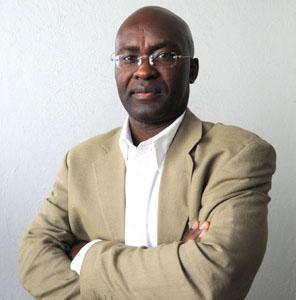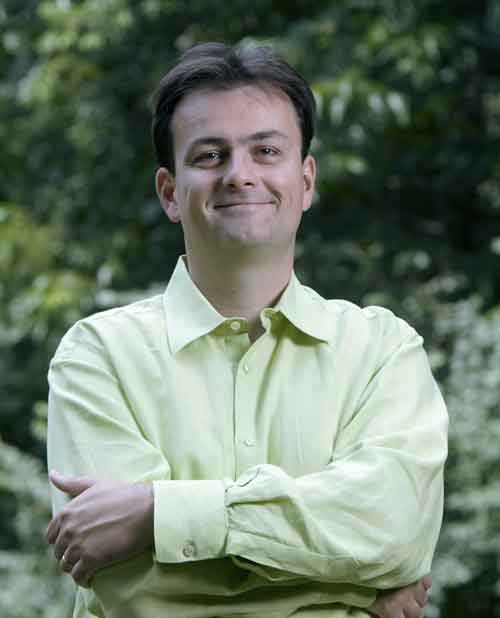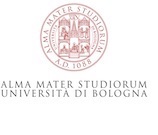LAURENT DUBOIS and ACHILLE MBEMBE
|
  |
|
In this course, we will think collectively about the relationship between trees and the human by engaging readings drawn from environmental history, anthropology, and critical theory. We will explore how philosophy, religion and aesthetic practice from Africa and the Caribbean illuminate and conceptualize this relationship. Over the course of three days, we will ask, and seek to respond, to the question: what would it mean to write a history of the human from the perspective of trees? Achille Mbembe is Professor at WiSER in South Africa. Born in Cameroon, he obtained his Ph.D in History at the Sorbonne in Paris in 1989 and a D.E.A. in Political Science at the Institut d’Etudes Politiques (Paris). He was Assistant Professor of History at Columbia University, New York, from 1988-1991, a Senior Research Fellow at the Brookings Institute in Washington, D.C., from 1991 to 1992, Associate Professor of History at the University of Pennsylvania from 1992 to 1996, Executive Director of the Council for the Development of Social Science Research in Africa (Codesria) in Dakar, Senegal, from 1996 to 2000. Achille was also a visiting Professor at the University of California, Berkeley, in 2001, and a visiting Professor at Yale University in 2003. He has written extensively in African history and politics, including La naissance du maquis dans le Sud-Cameroun (Paris, Karthala, 1996). On the Postcolonywas published in Paris in 2000 in French and the English translation was published by the University of California Press, Berkeley, in 2001. In 2015, Wits University Press published a new, African edition. He has an A1 rating from the National Research Foundation. Laurent Dubois is Professor of Romance Studies at Duke University. He is a specialist on the history and culture of the Atlantic world, with a focus on the Caribbean and particularly Haiti. He is the faculty director of the Forum for Scholars and Publics at Duke University, and write for magazines including the New Republic, Sports Illustrated, and the New Yorker. He recently completed a book entitled The Banjo: America's African instrument, which is forthcoming with Harvard University Press in the Spring of 2016. He received a Mellon New Directions Fellowship, a National Humanities Fellowship, and a Guggenheim Fellowship to support this work. His most recent book Haiti: The Aftershocks of History (Metropolitan Books, 2012) tells the history of the country from it's founding revolution to the present day. He also published Soccer Empire: The World Cup and the Future of France, Avengers of the New World: The Story of the Haitian Revolution (Harvard), A Colony of Citizens: Revolution and Slave Emancipation in the French Caribbean, 1787-1804 (Published by UNC Press for the Omohundro Institute). He won four book prizes including the Frederick Douglass Prize. |



